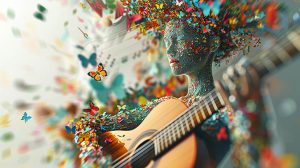
The Benefits of the Ear to Instrument Connection
I recently watched a video performance by the amazing classical pianist Yuja Chang. I’ve seen her memorizing motion and heard her virtuosic playing before, but something hit me after seeing
Categories:
Categories:
I received an email the other day from a jazz player trying to know how best he should be practicing. I want to provide a public version of my answer so that if you are in a similar quandary, you might untangle it for yourself.
The person writing me called it his tug of war. In essence he wrote:
On the one hand, I play what I feel, and seem to be moving away from reading music and playing by ear. On the other side of my tug of war is my concern that without the theoretic knowledge, I’ll never play more complex “bebop” solos. Almost all the video and online jazz resources focus on the technical aspect of learning jazz. I struggle with what to focus on.
Along with the question, he sent me a long complicated online lesson on jazz theory he found and was trying to work through. The following is some of my response:Hey,
Thank you for reaching out to me.
Those two sides of the tug don’t have to be at war. The sides can compliment each other. My recommendation is for you to find the right balance between the two. Stop thinking of it as one side OR the other.
However, there are plenty of great jazz musicians who knew very little if any music theory like Chet Baker, Stan Getz, Wes Montgomery, Erroll Garner, Django Reinhart, Roland Kirk, George Benson, and many others. So you can become a great jazz player while having no theoretical knowledge. But the reverse is not true. All theory and memorization and running of scales and arpeggios (thinking, thinking, thinking) with no hearing the music from within, is a machine.
I think one reason there are so many more jazz materials out there focused on notes, scales, patterns, chord changes, etc. is because so many musicians just want to know what notes to play. They want to sound like someone else. They want to calculate their way through their improvisation. They want to paint by number. And while that’s fine when you are learning, there should be a point fairly early on when you throw away the map and calculator, and just jump…
Here are some questions to ask yourself:
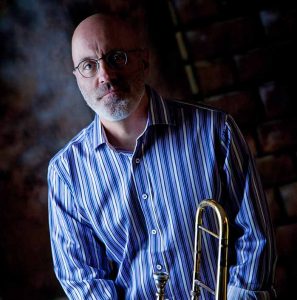
Trombonist, author, marketer, & tech guy
Share this post…

I recently watched a video performance by the amazing classical pianist Yuja Chang. I’ve seen her memorizing motion and heard her virtuosic playing before, but something hit me after seeing

I have created a AI chatbot called Jazz Master Chat that draws from 75 hours of interviews from my Jazz Master Summit event a couple of years ago. I interviewed
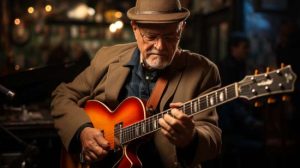
What is jazz improvisation? Let’s first define what I mean by jazz improvisation. Jazz improvisation is a spontaneous conversation, but instead of words, we use notes. Look at two possible

My recently turned 18-year old son is a passionate photographer. He’s got himself a little business where people pay
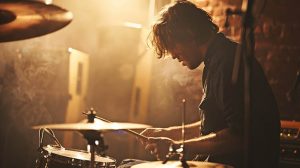
A couple weeks ago I sent Richie Beirach a YouTube clip from the movie Whiplash as a bit of
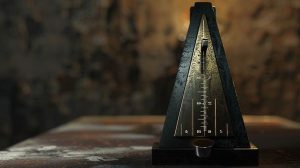
I originally meant to write this as a reply to a comment Richie Beirach wrote on my blog. But
Tools for helping musicians at all levels learn about jazz and play to their full capability.
Web design and marketing by:
Michael Lake @JazzDigitalMarketing.com
This is just a fake book example for the type of website I can build for you. Just trying to use a little humor here!